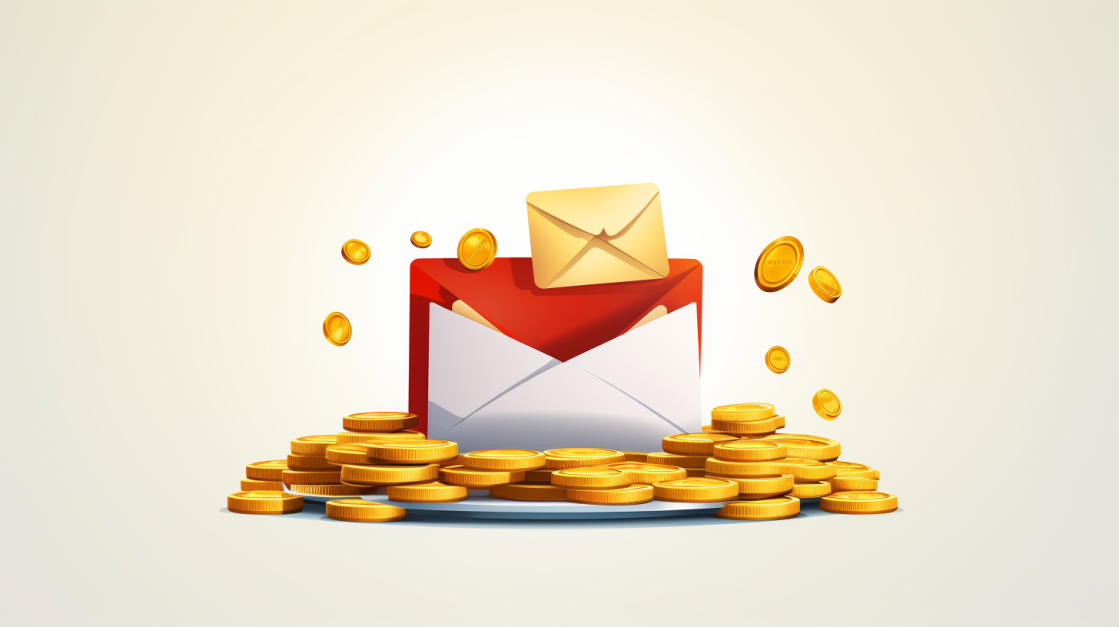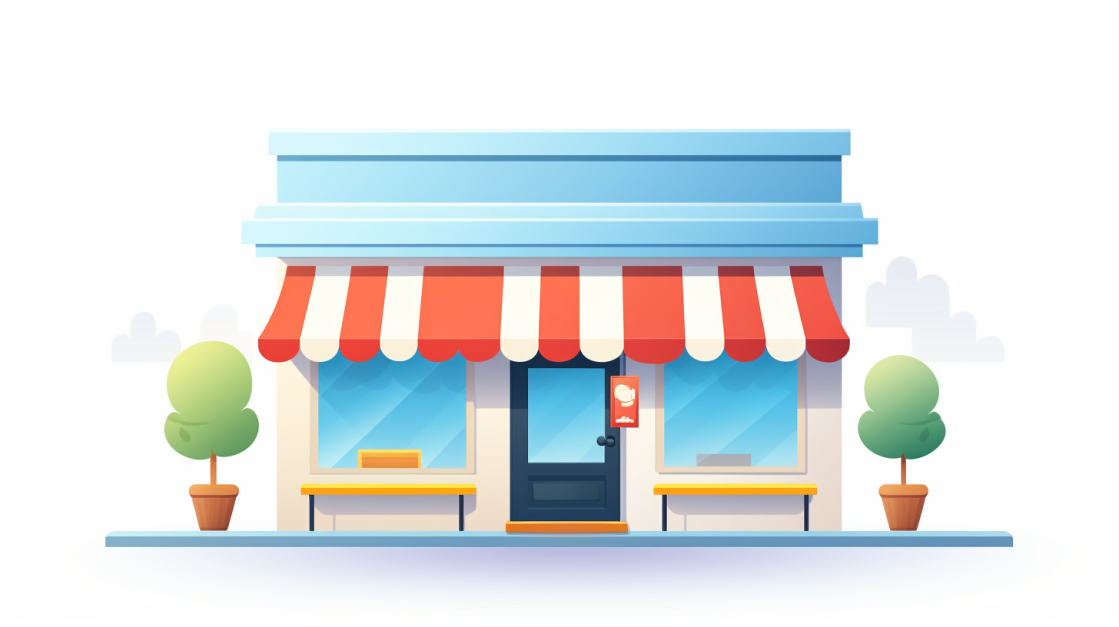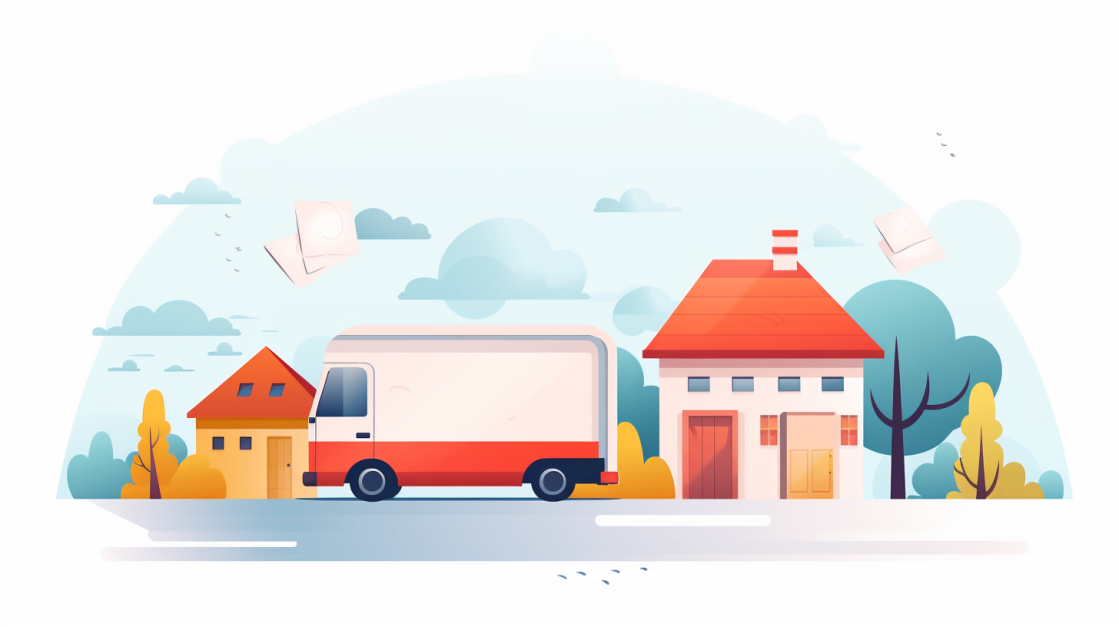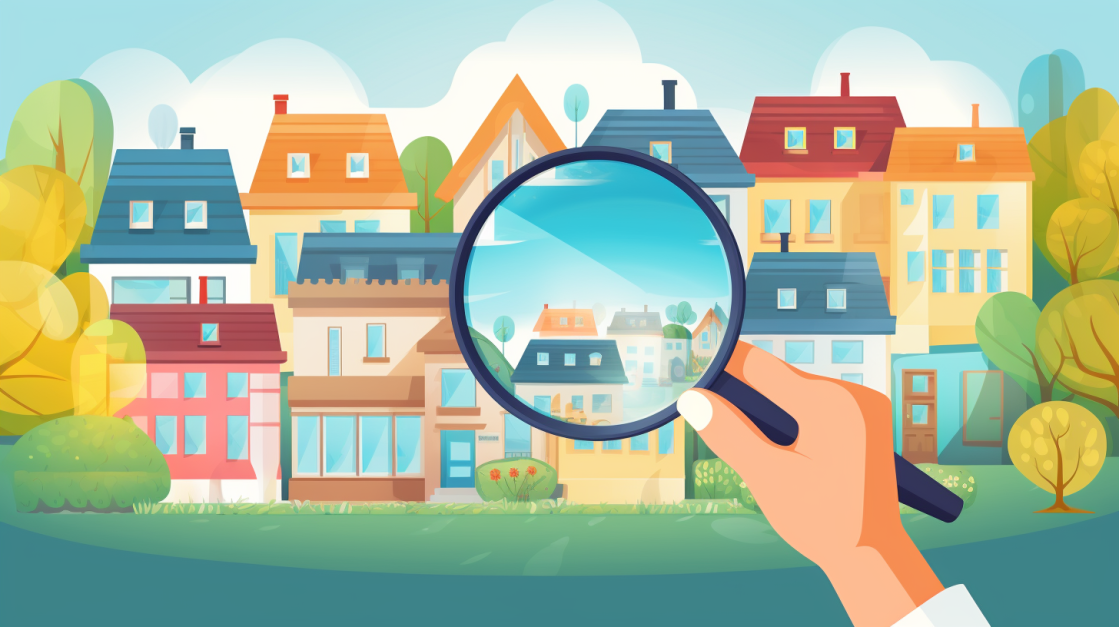Secured Loans: What You Need to Know

Are you searching high and low for a loan, yet concerned your credit score might leave you out in the cold? You’re not alone; so many folks worry about this very thing. Fortunately, secured loans can be a viable avenue to tap into much-needed financial resources.
In today’s blog post, we’ll take a candid journey through the ins and outs of secured loans—demystifying what they are, exploring their various types, highlighting benefits while acknowledging potential drawbacks, and investigating effects on credit scores among other critical details.
Together let’s decode the often mystified landscape of secured lending!
Key Takeaways
- Secured loans use things of value as backup. If you can’t pay back, the bank takes these items.
- There are many types of secured loans. You can tap into life insurance cash, or submit your car title as backup.
- Your home, car, and valuable items work well for collateral in a secured loan.
- These loans may help boost credit scores when payments are made on time.
- Don’t repay your loan? The lender might take away what you handed over as collateral!
- Compare lenders and rates before applying for a secured loan to make sure it’s right for you!
Understanding Secured Loans
In this section, we’ll dive into the basics of secured loans, discussing its definition and how it stands against unsecured loans. This comparison will give you a clear picture of each approach’s pros and cons to better inform your borrowing decisions.
Definition of Secured Loans
A secured loan is a type of borrowing that uses an item as collateral. This could be your car, your house, or even jewelry. The lender will hold on to the title or deed until you pay back the full amount of the loan.
If you can’t repay, they keep your stuff. Secured loans are popular because they let people get low rates for big amounts of money.
Secured loan vs. unsecured loan
Secured loans and unsecured loans are two major categories of lending that offer unique benefits and carry different risks. Here is a comparison between the two in a table format.
| Secured Loans | Unsecured Loans |
|---|---|
| Secured loans require collateral such as a house, car, or other valuable property. | Unsecured loans do not require collateral. |
| These can be used for larger purchases, including homes and cars. | These are commonly used for smaller purchases or personal expenses. |
| They often come with lower interest rates as the risk to the lender is reduced by the collateral. | They usually carry higher interest rates due to the increased risk to the lender. |
| If you default on a secured loan, the lender can seize your collateral to recover the loan amount. | If you default on an unsecured loan, the lender cannot seize your property but can take other actions like hiring a collection agency or suing you. |
| Individuals with poor credit can often obtain secured loans by providing valuable collateral. | Approval for unsecured loans heavily depends on the borrower’s credit history. |
Secured and unsecured loans are different, and each type can be more suitable depending on the person’s financial conditions and needs.
Types of Secured Loans
Exploring the various kinds of secured loans offers a glimpse into diverse possibilities. A business loan, where a company’s finances stand as collateral, is one example. Car title loans work by using your vehicle as backing if payments falter.
Life insurance loans borrow against cash value in an existing policy while bad credit loans utilize collateral to counterbalance risk posed by low credit scores.
Business Loans

I used a secured loan to start my new business. I gave the bank some things of value as collateral. This was for them to take if I did not pay back the loan. For me, it was real estate and a large savings account.
The bank gave me the money at an interest rate that was nice for my small business budget plan. Now, even with bad credit, my business keeps growing every day! But be careful! If you don’t repay on time, the stuff you put up as collateral could be gone forever!
Car Title Loans
A car title loan is a type of secured loan. You use your vehicle as collateral. This means the lender can take your car if you don’t pay them back. These loans often help people with bad credit.
Since they’re backed by a vehicle, lenders charge less interest than unsecured loans do. But not returning the money could cost you your ride!
Life Insurance Loans
You can get a loan by using your life insurance. This is called a life insurance loan. You borrow money and the cash value of your policy is used as collateral. If you have bad credit, this type of loan can help you.
Before getting this kind of loan, check how much cash is in your life insurance policy. Don’t use all of it! You should still leave some just in case something unexpected happens later on.
You must pay back your life insurance loan just like any other types of loans. If not, the bank takes the cash from your policy. This option works well if you need money but don’t want to sell or lose your life insurance plan.
Loans for bad credit
Even with a poor credit score, you can still get a loan. For those of us who have bad credit, secured loans offer hope. These types of loans need something of value called ‘collateral‘.
You give this to the bank or the lender when taking out your loan. This could be your car or even your house! By giving them this valuable item, they feel safe lending you money. They know that if for some reason you can’t pay back the loan, they can keep these valuables instead.
What Can Be Used as Collateral for a Loan?

You may be puzzled about what can be used as collateral for a loan. I’ll clear this up for you.
- Property: If you own a house or land, you can use it to get a secured loan like a mortgage.
- Vehicle: You might use your car or big wheels for an auto title loan.
- Savings and checking accounts: Some banks will let you take out a savings-secured or check-secured loan against the amount in your account.
- Stocks, bonds, mutual funds: These are liquid assets that also count as potential collateral.
- Certificates of deposit (CDs): A CD account with built-up funds is another kind of asset you can use.
- Insurance policies: Did you know? Life insurance policies with cash value might work too!
- Jewelry & valuables: Pawn shop loans use personal valuables like jewelry as security.
Advantages and Disadvantages of Secured Loans
Secured loans often offer higher borrowing limits, lower interest rates and longer repayment periods due to the assurance provided by collateral. However, they come with a major risk – if you fail to repay your loan, the lender has the right to seize your asset.
They can also be more complex and costly due to property assessment procedures and insurance requirements.
Pros of Secured Loans
Secured loans bring many benefits to the table. Here’s a look at a few:
- Lower interest rates: With collateral in place, the bank can offer you loans at lower interest rates. This helps you save money in the long run.
- Good option for bad credit: People with bad credit can still get these loans. Since they pledge something of value to back up the loan, banks feel safer lending to them.
- Helps build your credit: Pay back your loan on time and you will see your credit score go up. A higher credit score opens doors to more borrowing options in future.
- Easy to get for people with a property or car: If you own things like a house or car, you might have easier access to secured loans.
- Higher amounts possible: The bank may let you borrow more money since they know they have a safety net if things start going south.
Cons of Secured Loans
Secured loans have a flip side. Here is what you need to watch out for:
- Risk of Asset Loss: If you fail to make payments, the lender can take whatever you put up as collateral. Your car, home, or valuable items could be at risk.
- Long Process: Getting a secured loan can take time. The bank or lender has to look at your credit score and the value of your collateral.
- High Cost: Some lenders charge high rates and fees for secured loans.
- Less Flexibility: You may have less time to pay back a secured loan. There might be rules against early payment too.
- Credit Score Impact: If you miss payments or default on the loan, this will hurt your credit score badly.
- Funds Locked In Collateral: Using an asset as collateral locks its value in the loan till it’s paid off.
- Risk of More Debt: Borrowing more than you can afford leads to more debt and stress.
Secured Loans and Credit Score
Getting a secured loan can impact your credit score both positively and negatively. If you’re punctual with your payments, it could potentially improve your score over time. Conversely, late or missed payments on a secured loan may drastically harm your score.
Having bad credit isn’t necessarily the end of the road because there are specific types of secured loans designed to cater for such situations, giving you an opportunity to rebuild your creditworthiness.
Impact on credit score

Your credit score might fall a bit when you take out a secured loan. This happens when the lender checks your credit history, known as a hard pull. If you pay back the money on time, your score can get better.
But, if you don’t give the bank their money back, this hurts your score a lot more. More so, asking for lots of loans in short time will also lower your score. So be smart about how and where you ask for credit!
Secured loans for bad credit
Secured loans for bad credit are useful. They help people with low scores get cash when they need it. You use items like a car or house as collateral to get the loan. This gives you a better chance of getting money, even if your score is not good.
These loans can be used in many ways such as paying off debts or improving your home. Just reach out to mortgage lenders first as they might offer great options for secured loans. But do take care! If you do not pay back the money on time, the lender could take away what you put up as collateral and make you pay any remaining balance.
Applying for a Secured Loan
When applying, you’ll first assess the value of your collateral—this could be property or assets. Next, you’ll compare lenders since each offers different rates and terms for secured loans.
Finally, upon approval, ensure to understand all terms before signing off on your secured loan agreement.
Evaluating the value of your collateral
The worth of your item is key in a secured loan. The lender uses this value to decide how much money you can get. You must find out the true cost of your items or property before you apply for the loan.
Jewelry, cars, homes and savings accounts are all things people use as collateral often. If these items lose value after you start to pay back your loan, it could cause problems later on.
Keep an eye on their worth so there aren’t any surprises down the road!
Comparing lenders
Picking the right lender for your secured loan needs some work. You need to look at different things:
- Check the interest rates. Some lenders may have high rates.
- Look at the fees. Some lenders may charge more for late payments.
- See if they ask for a big down payment.
- Know the loan term length. Shorter terms mean higher payments, but you pay less in the end.
- Find out how they treat customers, read reviews and ask others about their experience.
Closing on your loan

The last step is closing on your loan. This ends the loan process for a secured loan. You have given something you own, like your house or car, to make sure the bank gets its money back if you can’t pay.
Again, it’s good to see what your mortgage lender offers before deciding on a secured loan. Talking with them might help you get extra money from your current home loan. With this cash at hand, major redoing of your house or getting ready for a second one can be an easy task!
What Happens if You Default on a Secured Loan?
If you can’t pay your secured loan, the lender has some rights. They can take what you used to secure the loan. This is called seizing collateral. For example, if a car was put up for collateral on a loan and you couldn’t repay it, they could take your car away.
Then they sell it to get back some of their money.
But that’s not all! If selling this stuff doesn’t make enough money to cover how much you owe them, there’s still more debt left over. This leftover debt is something lenders call a deficiency balance.
Not paying loans also hurts your credit score in a big way! It makes getting another loan or even simple things like renting an apartment really hard later on.
So missing payments isn’t good news! You could lose important belongings like cars or homes. Plus, not fully covering debts and wrecking your credit isn’t fun at all either.
Frequently Asked Questions
I get asked a lot of questions about secured loans. Here are some of the most common ones:
- What is a secured loan?
- How does a secured loan work?
- What can be used as collateral for a secured loan?
- Are auto loans and home equity lines of credit types of secured loans?
- Why do secured loans have lower interest rates?
- Can I get a secured loan if I have bad credit?
- What happens if I can’t pay back my secured loan?
- Will taking out a secured loan help me build my credit score?
- How do banks decide on the value of my collateral?
- Can losing my home or car really happen if I go with a secured loan?
Conclusion
Secured loans can be great help when you need money. They bring low rates and big amounts. But, the risk is losing what you gave as collateral (like your house or car) if you don’t pay back on time.
So, make sure to look at all parts before deciding if a secured loan is right for you!
FAQs
1. What is a secured loan?
A secured loan is money you borrow from the bank or online lenders, backed by something of value called collateral which could be your property, vehicle or other valuables.
2. How does a secured personal loan work?
For a secured personal loan, banks ask for things of value as backup if you cannot pay back your debt. These can include asset items like homes (as in home equity loans) cars (like auto title loans), and savings accounts.
3. Are there risks when getting a Secured Loan?
Yes! There are risks to getting a Secured Loan. If you do not pay up on time, the bank takes what they call collateral to cover their lost money – this could mean losing your home in foreclosure or car via repossession!
4. Can someone with bad credit get a good deal on loan interest rates with Secured Loans?
One key about Secured Loans that makes them great, even for people with bad credit is that they often come with lower loan interest rates than Unsecured Loans due to less risk involvedbecause of valuable collaterals.
5.How do I know how much I’ll have to repay my Secure Loan over time?
Use an online secured loan calculator for banks or lendingtree websites to find out your total repayment costs under different scenarios such as changing the duration of payment and annual percentage rate(APR).
6.What should I know before applying for an Auto Title Loan?
Before opting in for an Auto Title Loan ensure going through terms mentioned within its agreement diligently; it may cause loss of ownership rights over vehicles used as security against borrowed amount incase unablemaking necessary payments promptly.






